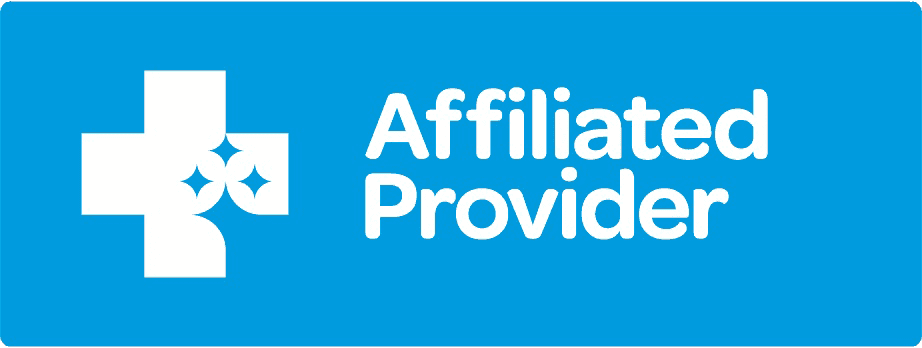What are the signs and symptoms of anxiety disorder?
Symptoms of anxiety disorder may start in childhood and continue into adulthood. Common anxiety disorder signs and symptoms may include:
-Feeling excessively and constantly nervous, restless, or tense – often for no apparent reason
-Having a sense of impending danger, panic, or doom; “I am going to die” – often for no apparent reason
-Irrational fear of an object or place, such as fear of entering an elevator, or traveling by plane
-Feeling constantly weak or tired no matter how much rest you get
-Insomnia
-PTSD symptoms such as repeated flashbacks, dreams, and subsequent worry about a past trauma
-Intense feelings of dread when thinking about social or performance-related situations
-Debilitating fear of exposure, intense scrutiny, acting in a way that will be humiliating or embarrassing in these situations; the fear that “everyone is looking at me”
-The constant fear of having another panic attack
Your symptoms may be coupled with:
– Having an increased heart rate
– Gastrointestinal problems
– Breathing rapidly (hyperventilation)
– Sweating
– Trembling
– Performing excessive and repetitive actions such as cleaning, rearranging things around you
– Self-harm such as cutting, pulling out your hair or excessively fingernail biting
– Obsessing over needless things leading to compulsive behaviour
How common is anxiety disorder?
Anxiety disorders are very common, both in New Zealand and around the world. The World Health Organisation has warned that anxiety levels around the world have steadily increased during the Covid-19 pandemic, with a 25% global increase witnessed in 2020 alone.
Approximately 1 in 4 New Zealanders will be affected by an anxiety disorder at some stage in their lives, with general anxiety disorders being highest amongst young people aged 15 – 24 years, according to a 2020 study on mental health in New Zealand.
